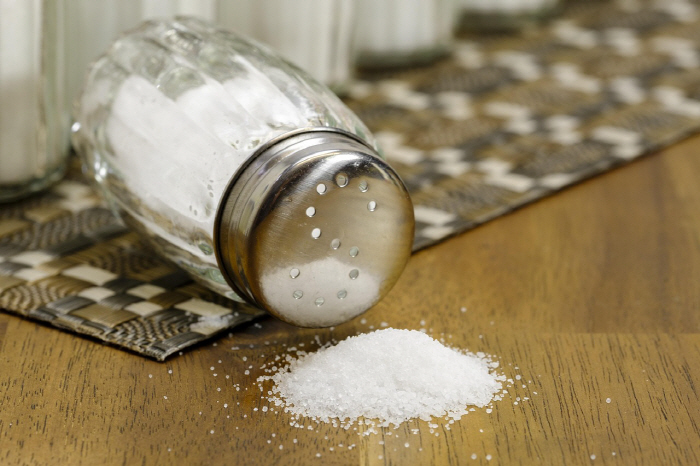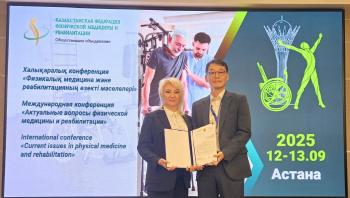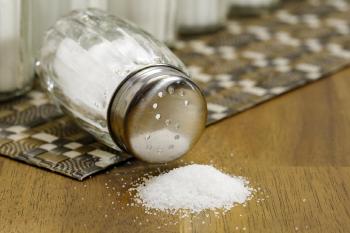I ate it bland because I was afraid it would put pressure on my kidneys...Excessive Low-Salt Diet Disrupts Recovery of Patients With Kidney Injury
Sep 23, 2025
|
This is a paper on the relationship between dietary control and recovery in the recovery phase after ischemic acute kidney injury by a research team led by professors Hye-ryeon Jang, Jun-seok Jeon, and Kyung-ho Lee of the Department of Nephrology at Samsung Medical Center, published in the recent journal 「Cell and Developmental Biology Frontiers」.
The research team compared and analyzed the effects of various combinations of diets, including high-salt and low-salt diets, high-protein and low-fat diets, high-fat and low-fat diets, using a mouse model with damaged both or one kidney, and found that the continuous low-salt diet during the recovery period induces inflammatory changes and worsens kidney fibrosis due to overactivation of signal substances such as TGF-β.
Low-fat and low-protein diets also induced inflammatory reactions and inhibited healing regardless of salt intake, and high-salt diets were also found to have an adverse effect on kidney recovery.
The research team explained that while a low-salt and low-protein diet is often recommended for patients with chronic kidney disease, such a diet can induce an inflammatory response and promote renal fibrosis, hindering the recovery of ischemic acute renal injury.
Professor Hye-ryeon Jang said that "Diet therapy is a non-drug treatment strategy that can be directly controlled by the patient" and "a customized nutritional strategy designed in detail to suit the state of renal function is needed.'
This article was translated by Naver AI translator.














